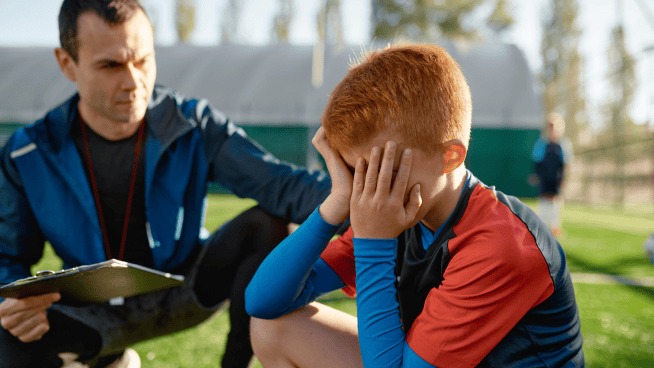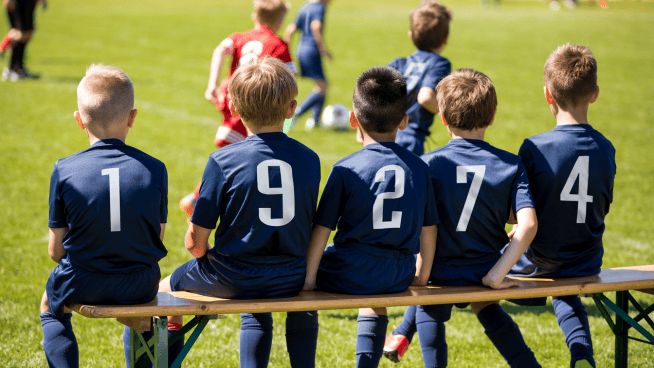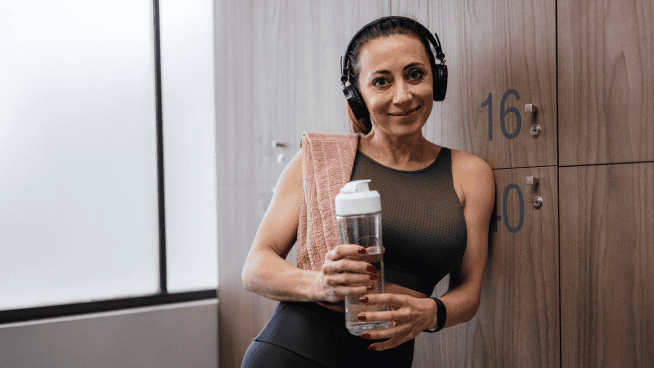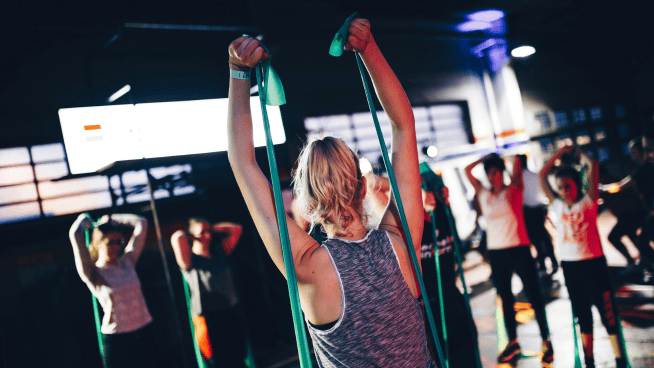After a Workout, What Matters More: What You Eat or When You Eat?
After a workout, what’s more important, what you eat, or when you eat it?
I’d argue that the answer is a little of both.
Let me explain. First, yes, I believe you should eat within an hour of completing a workout. But I’m not of the opinion that if you miss that window for some reason, now it’s worthless for you to eat a post-workout meal. In fact, I’d rather have you wait and eat the right things instead of hammering down a greasy burger, some fries and a soft drink simply because fast food is the only kind available within an hour of your gym.
When you get down to it, what you should eat after a workout really depends on two questions:
- What type of workout did you do? Was it cardio (aerobic) or strength, speed and ability (anaerobic)?
- What did you consume during your workout?
The answer to the first question can help you determine whether you should focus on replacing lost carbs and electrolytes (as you would after an aerobic endurance workout), or on repairing damaged muscle tissue (which you’d need to do after a heavy lifting session). The answer to the second question helps you gauge how much you should consume—because let’s face it, if you slugged down three sports drinks during a two-mile run, you’re probably stocked up on electrolytes).
Your body breaks down its energy storage systems in the following order:
- Carbs
- Protein
- Fat
That second one is the riskiest if you’re looking to add size, because when your body catabolizes protein, there’s a chance it will be taken from your muscles, counteracting what you were trying to do in the first place. The micro-tears that occur in your muscles during strength training are best rebuilt with proteins and BCAAs. The sooner you can get them into your system–-ideally through whole food sources of lean protein like meat, fish or chicken—the better.
Another reason to eat on the “sooner” side of your post-workout period? Although your body’s metabolism can remain elevated for hours following a workout, the duration varies from person to person, depending on hormones, metabolism, and genetics.
While your metabolic rate is high, your body is more efficient at utilizing the nutrients you ingest. While timing isn’t necessarily everything, it does help give you the best chance of taking advantage of this phenomenon to make positive gains post-workout. But always remember: It’s not just when you put something in your body that makes the difference. What you eat matters too. You have to choose the right nutrients if you want to spur change.
Learn more about nutrient timing by checking out these articles:
RECOMMENDED FOR YOU
MOST POPULAR
After a Workout, What Matters More: What You Eat or When You Eat?
After a workout, what’s more important, what you eat, or when you eat it?
I’d argue that the answer is a little of both.
Let me explain. First, yes, I believe you should eat within an hour of completing a workout. But I’m not of the opinion that if you miss that window for some reason, now it’s worthless for you to eat a post-workout meal. In fact, I’d rather have you wait and eat the right things instead of hammering down a greasy burger, some fries and a soft drink simply because fast food is the only kind available within an hour of your gym.
When you get down to it, what you should eat after a workout really depends on two questions:
- What type of workout did you do? Was it cardio (aerobic) or strength, speed and ability (anaerobic)?
- What did you consume during your workout?
The answer to the first question can help you determine whether you should focus on replacing lost carbs and electrolytes (as you would after an aerobic endurance workout), or on repairing damaged muscle tissue (which you’d need to do after a heavy lifting session). The answer to the second question helps you gauge how much you should consume—because let’s face it, if you slugged down three sports drinks during a two-mile run, you’re probably stocked up on electrolytes).
Your body breaks down its energy storage systems in the following order:
- Carbs
- Protein
- Fat
That second one is the riskiest if you’re looking to add size, because when your body catabolizes protein, there’s a chance it will be taken from your muscles, counteracting what you were trying to do in the first place. The micro-tears that occur in your muscles during strength training are best rebuilt with proteins and BCAAs. The sooner you can get them into your system–-ideally through whole food sources of lean protein like meat, fish or chicken—the better.
Another reason to eat on the “sooner” side of your post-workout period? Although your body’s metabolism can remain elevated for hours following a workout, the duration varies from person to person, depending on hormones, metabolism, and genetics.
While your metabolic rate is high, your body is more efficient at utilizing the nutrients you ingest. While timing isn’t necessarily everything, it does help give you the best chance of taking advantage of this phenomenon to make positive gains post-workout. But always remember: It’s not just when you put something in your body that makes the difference. What you eat matters too. You have to choose the right nutrients if you want to spur change.
Learn more about nutrient timing by checking out these articles:










